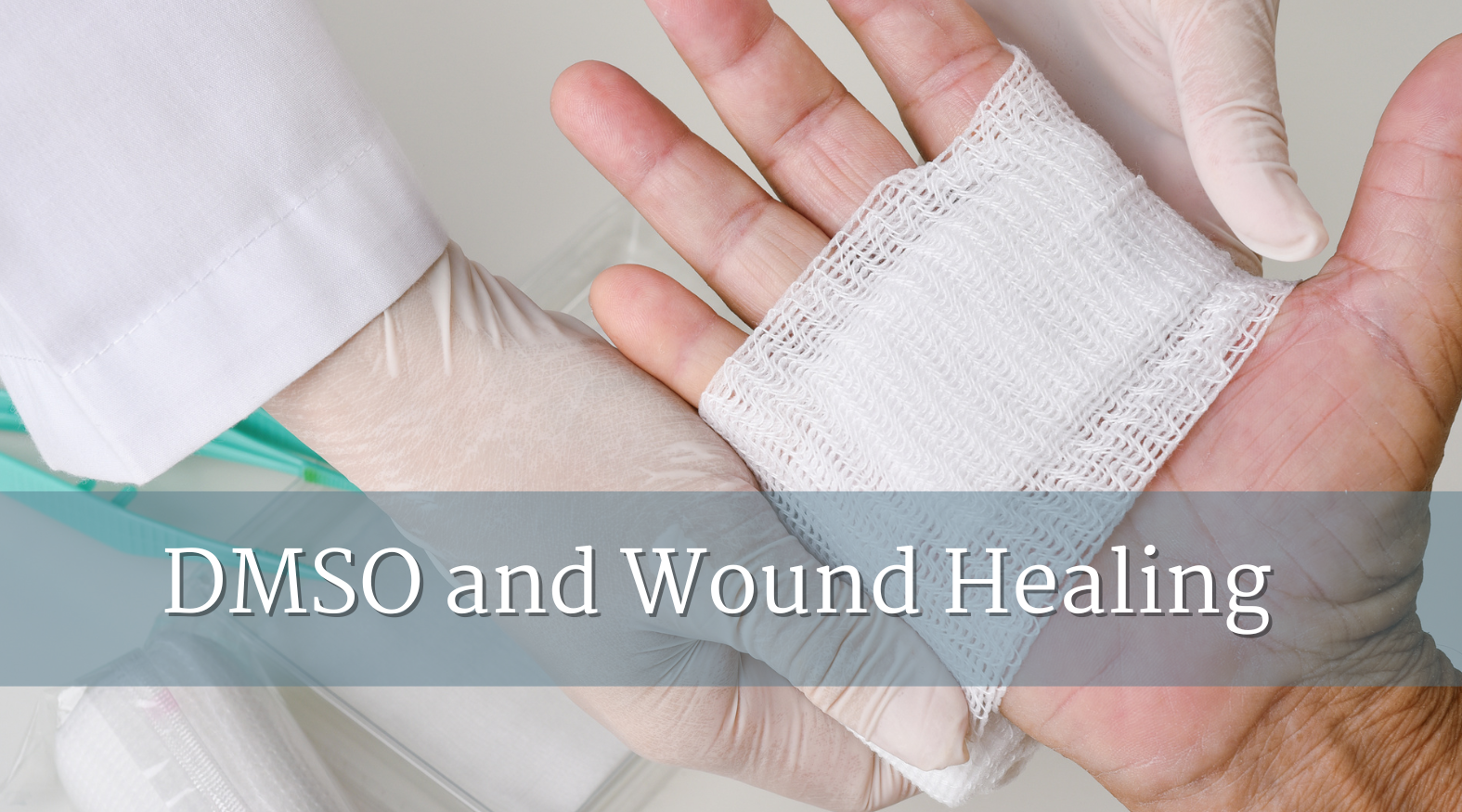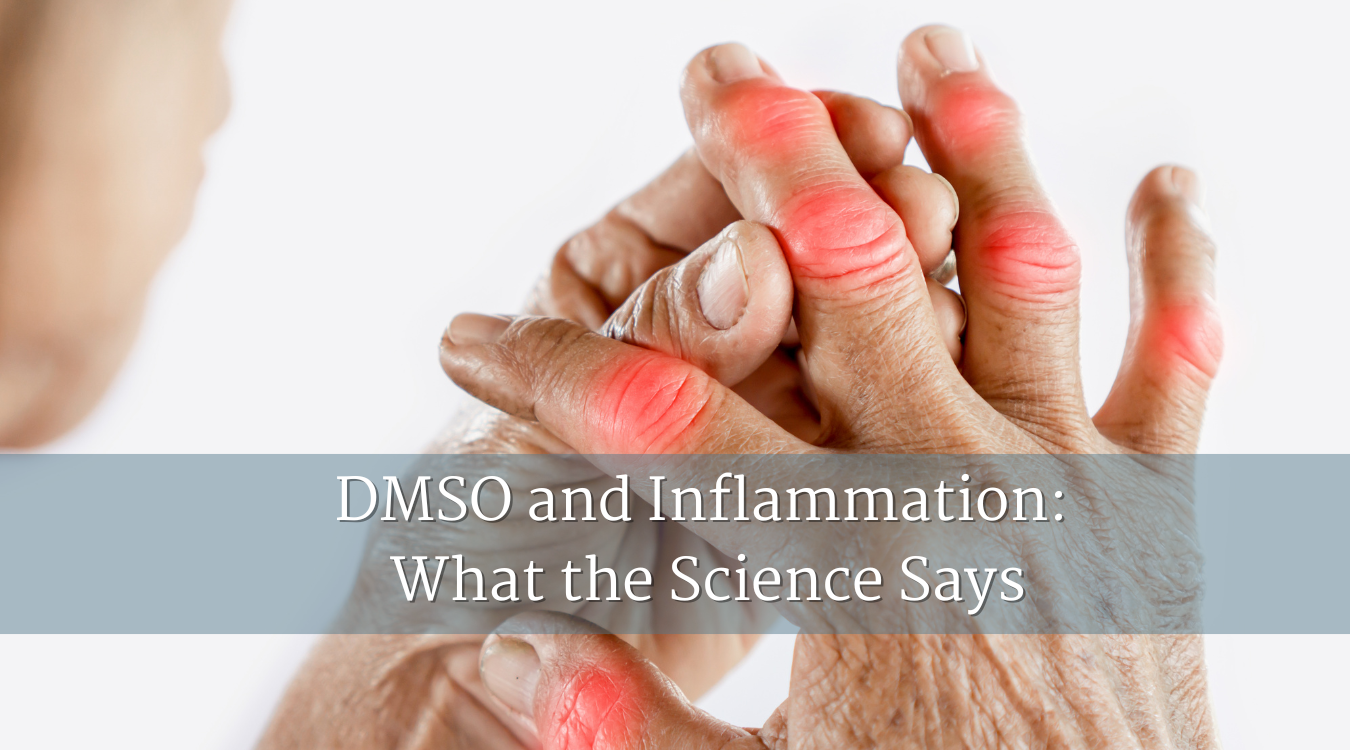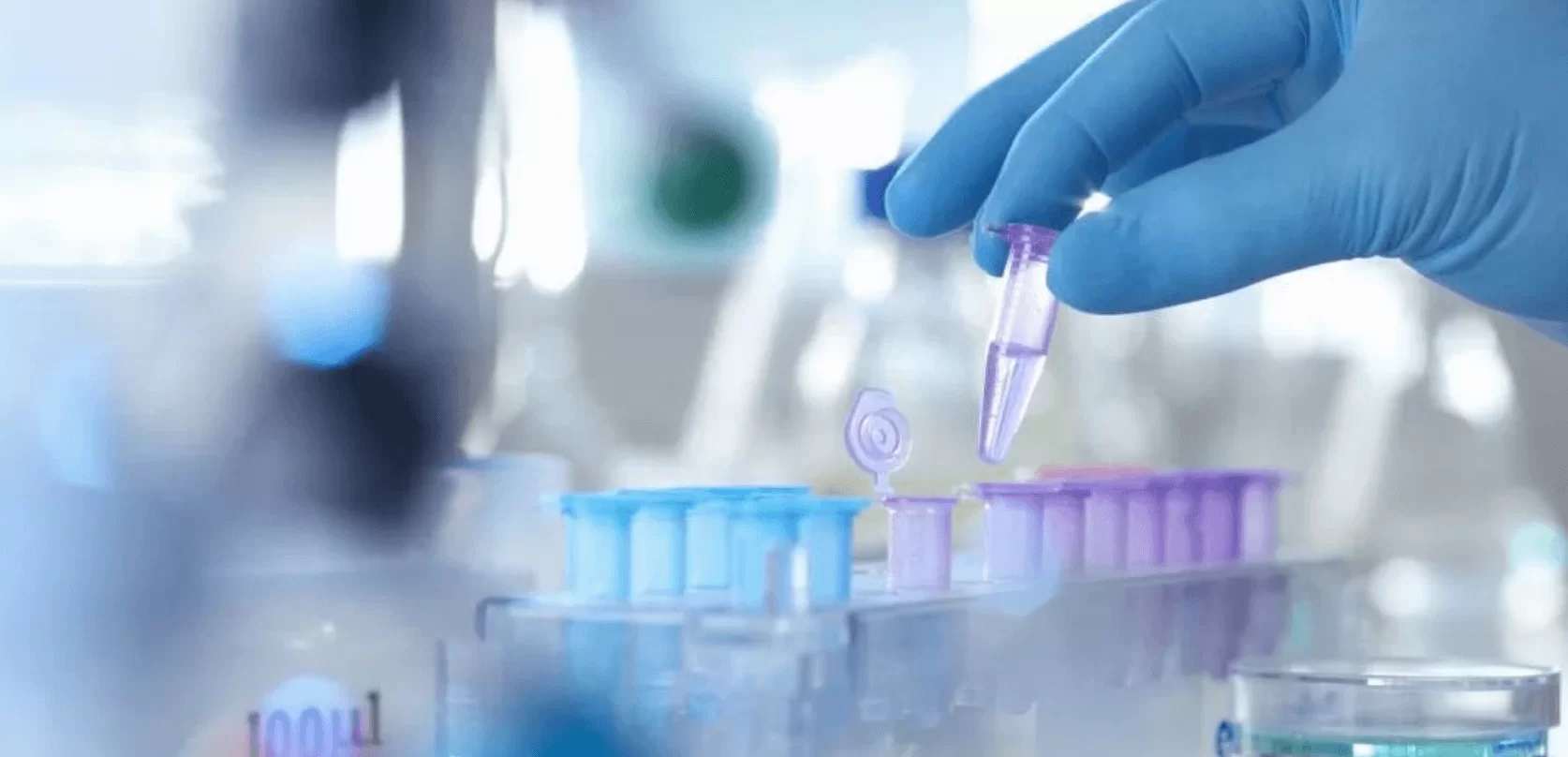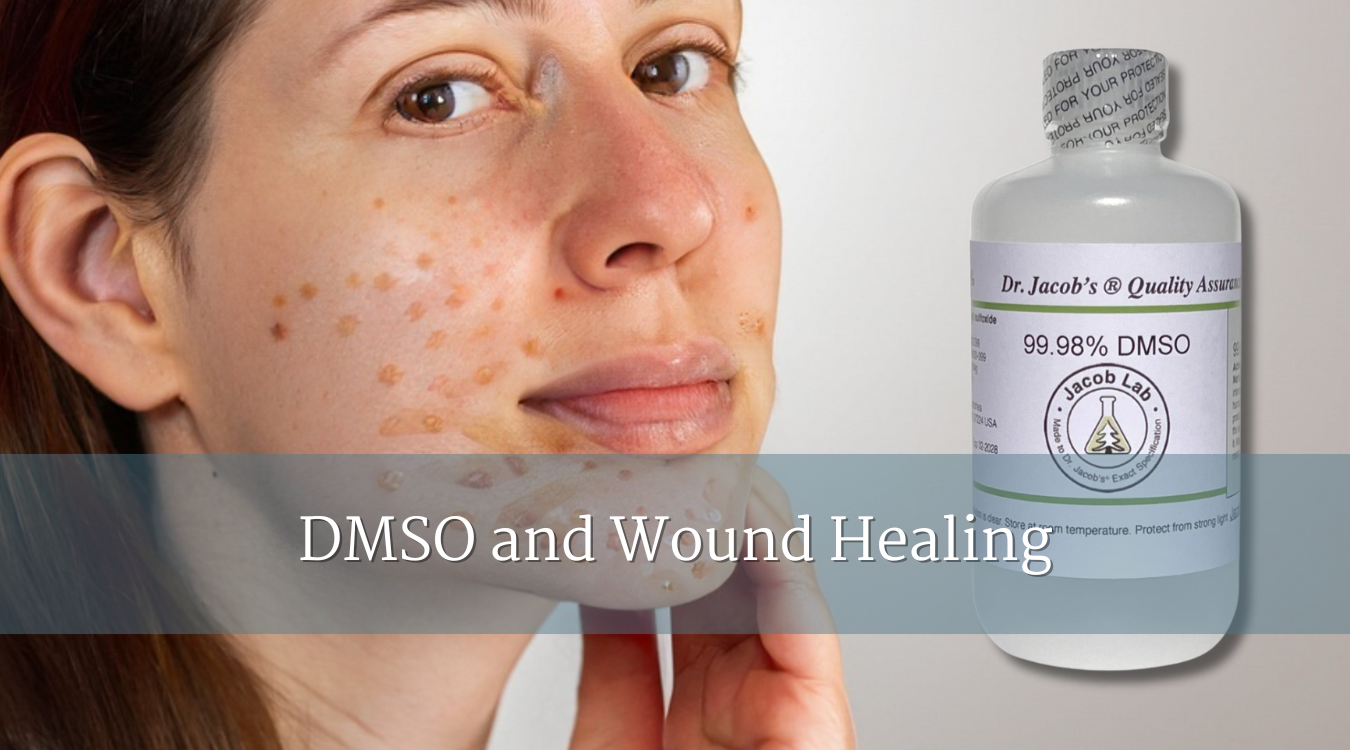
DMSO and Wound Healing: Evidence and Expert Insights
Wound healing is a complex biological process involving inflammation, tissue repair, and regeneration. While the body is naturally equipped to heal itself, certain wounds — such as burns, ulcers, or surgical incisions — can benefit from supportive therapies. Dimethyl sulfoxide (DMSO) has been investigated for decades as a potential aid in tissue recovery. But what does the evidence actually say?
How DMSO May Support Wound Healing
Researchers believe DMSO may influence wound repair in several ways:
-
Anti-inflammatory action – helps reduce swelling in the initial phase of healing.
-
Collagen modulation – studies suggest DMSO may affect collagen deposition, which is key to scar formation.
-
Improved blood flow – by dilating small blood vessels, DMSO may increase nutrient and oxygen delivery to injured tissue.
-
Antioxidant properties – neutralising free radicals may support cell survival and regeneration.
Research Roundup
-
Animal studies: DMSO-treated wounds often showed faster closure rates and reduced inflammation compared to untreated wounds.
-
Burn healing trials: Some early studies indicated less scarring and improved recovery when DMSO was applied, though results varied.
-
Surgical wound data: Small-scale human trials suggested potential for reduced swelling and faster healing, but methodologies were inconsistent.
Overall, the research is promising but not yet definitive, requiring larger, modern clinical studies.
Dermatologist’s Perspective
A dermatologist might explain:
“Wound healing is influenced by inflammation, blood flow, and collagen dynamics. DMSO has shown potential in all these areas, which makes it an intriguing compound. However, until more controlled human studies are conducted, it should not replace evidence-based wound care practices. At best, it remains an area of ongoing investigation.”
Safety Considerations
-
Skin irritation: Topical application can cause redness, itching, or dryness.
-
Purity matters: Only medical-grade formulations should be considered, as DMSO rapidly carries other substances into the body.
-
Not a substitute: Critical or infected wounds require professional medical treatment.
Final Thoughts
DMSO remains a fascinating compound in wound healing research, bridging anti-inflammatory and tissue-repair mechanisms. While preliminary evidence shows potential, its role is still experimental. For now, DMSO sits at the boundary between scientific curiosity and clinical possibility.




 DMSO and Inflammation: What the Science Says
DMSO and Inflammation: What the Science Says
 DMSO and Inflammation: What Current Research Reveals
DMSO and Inflammation: What Current Research Reveals













